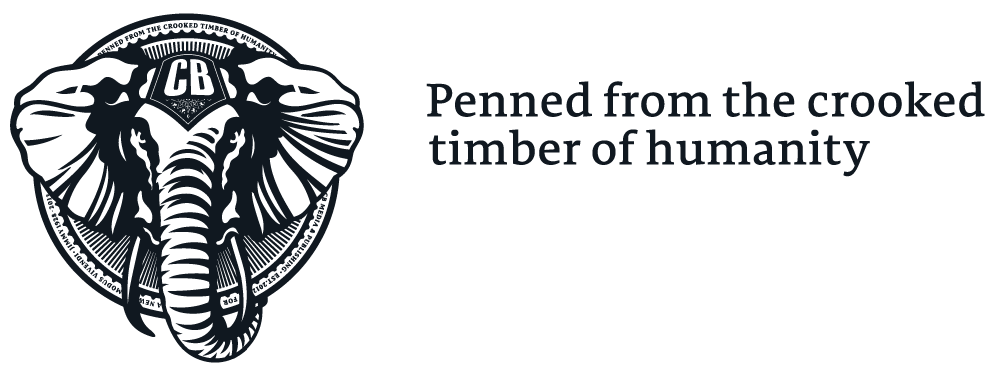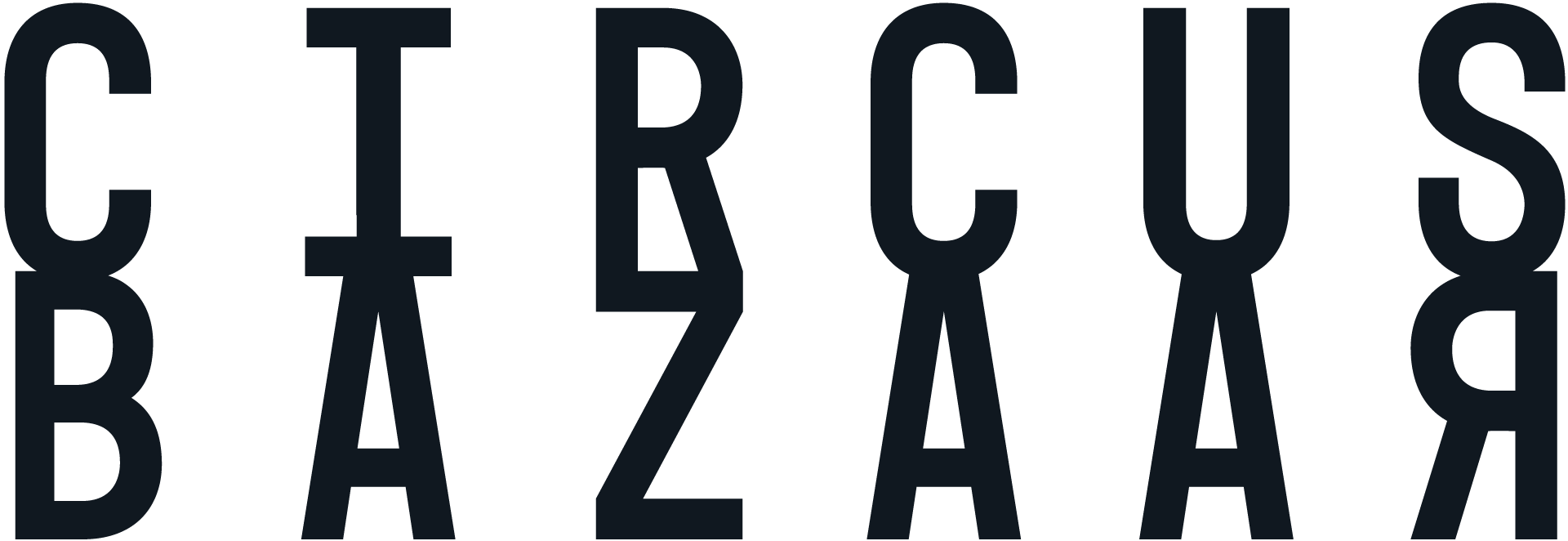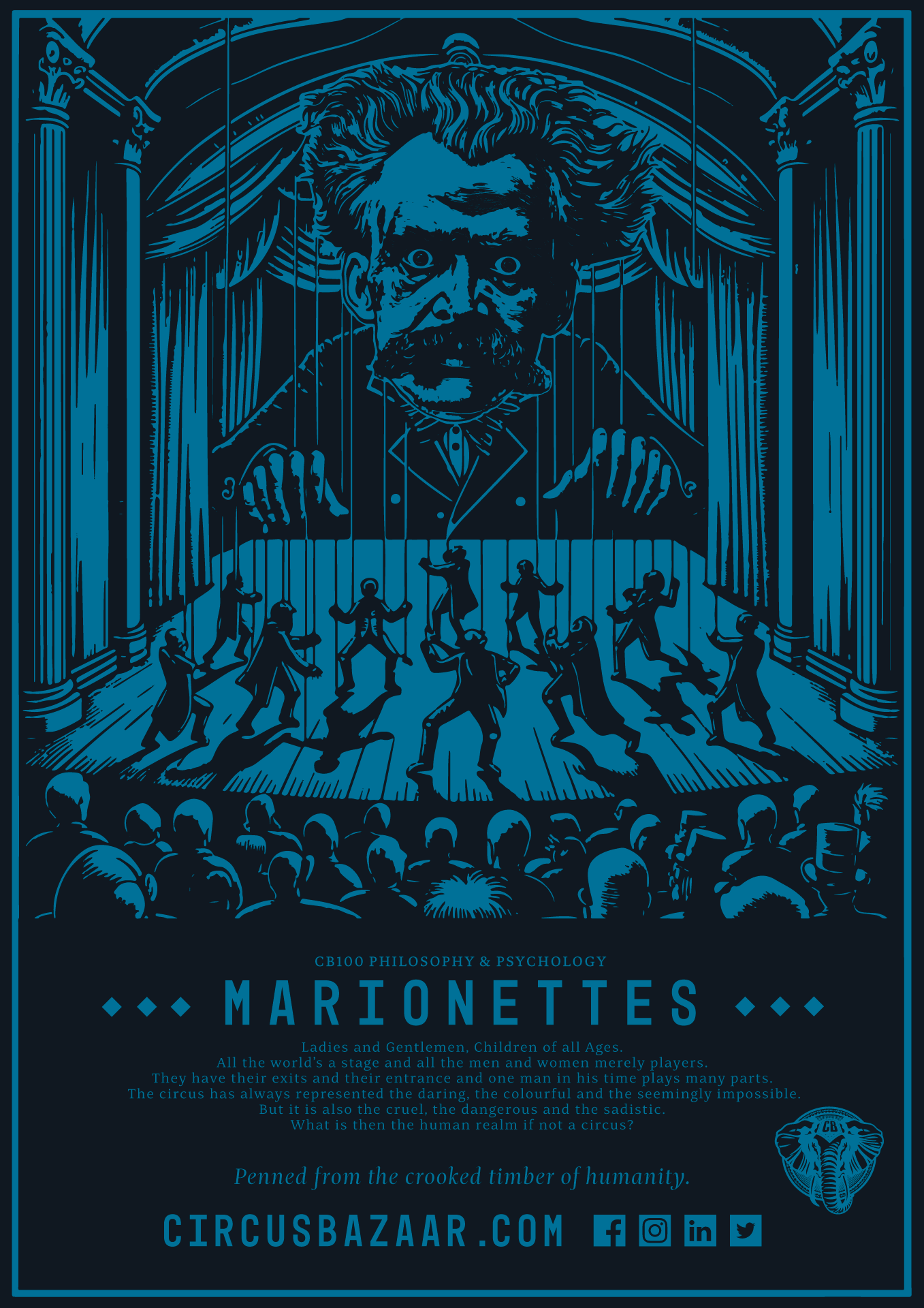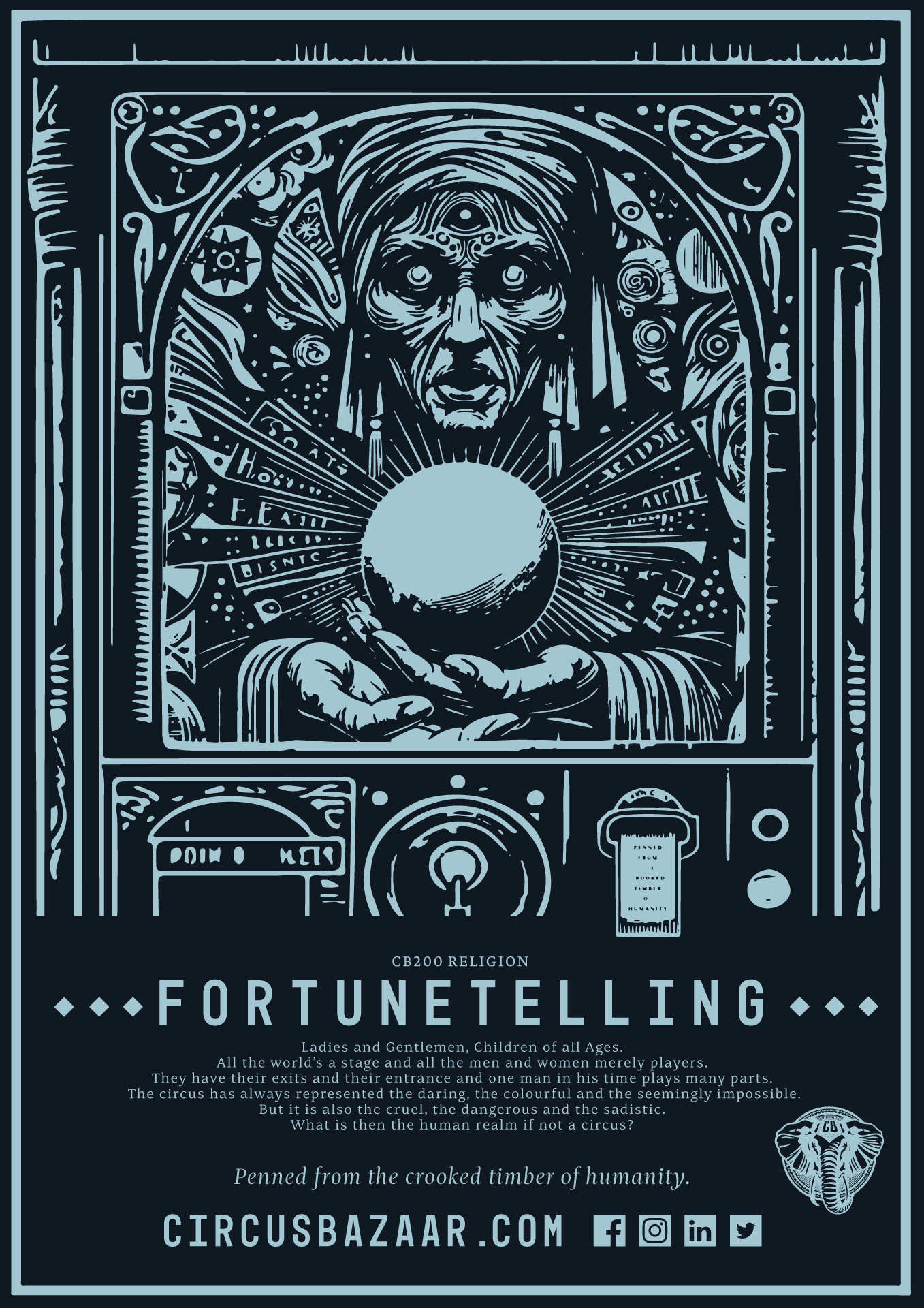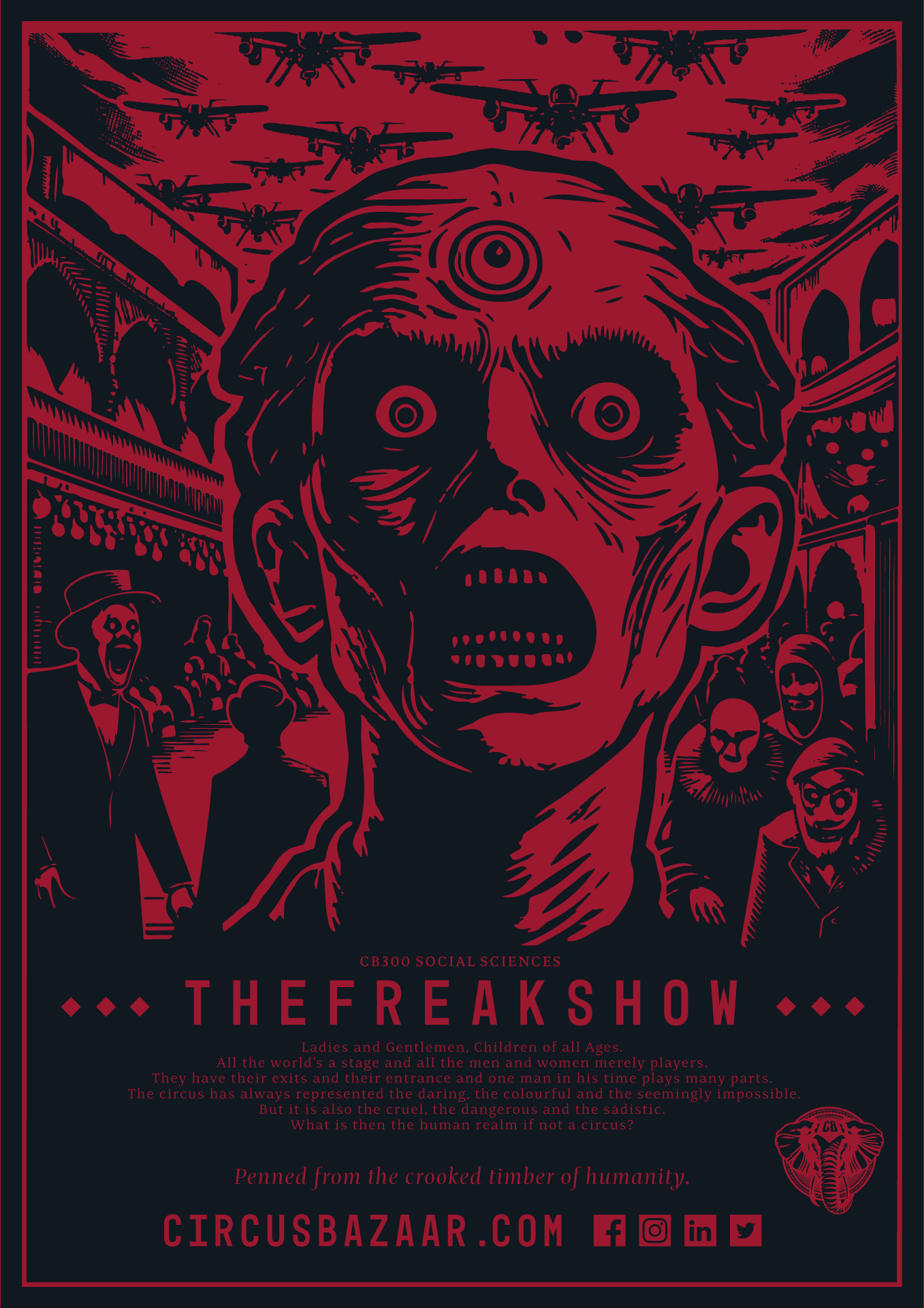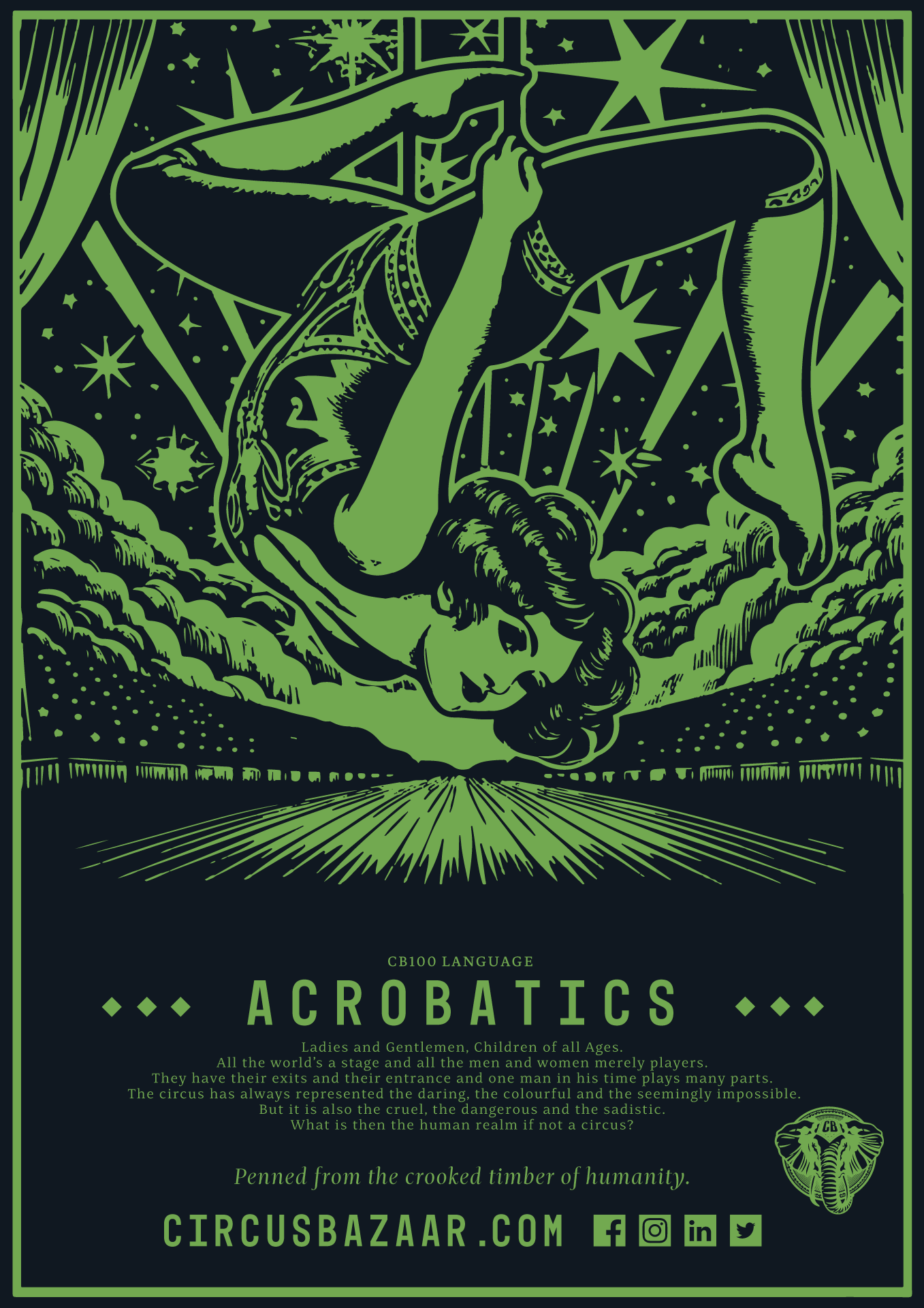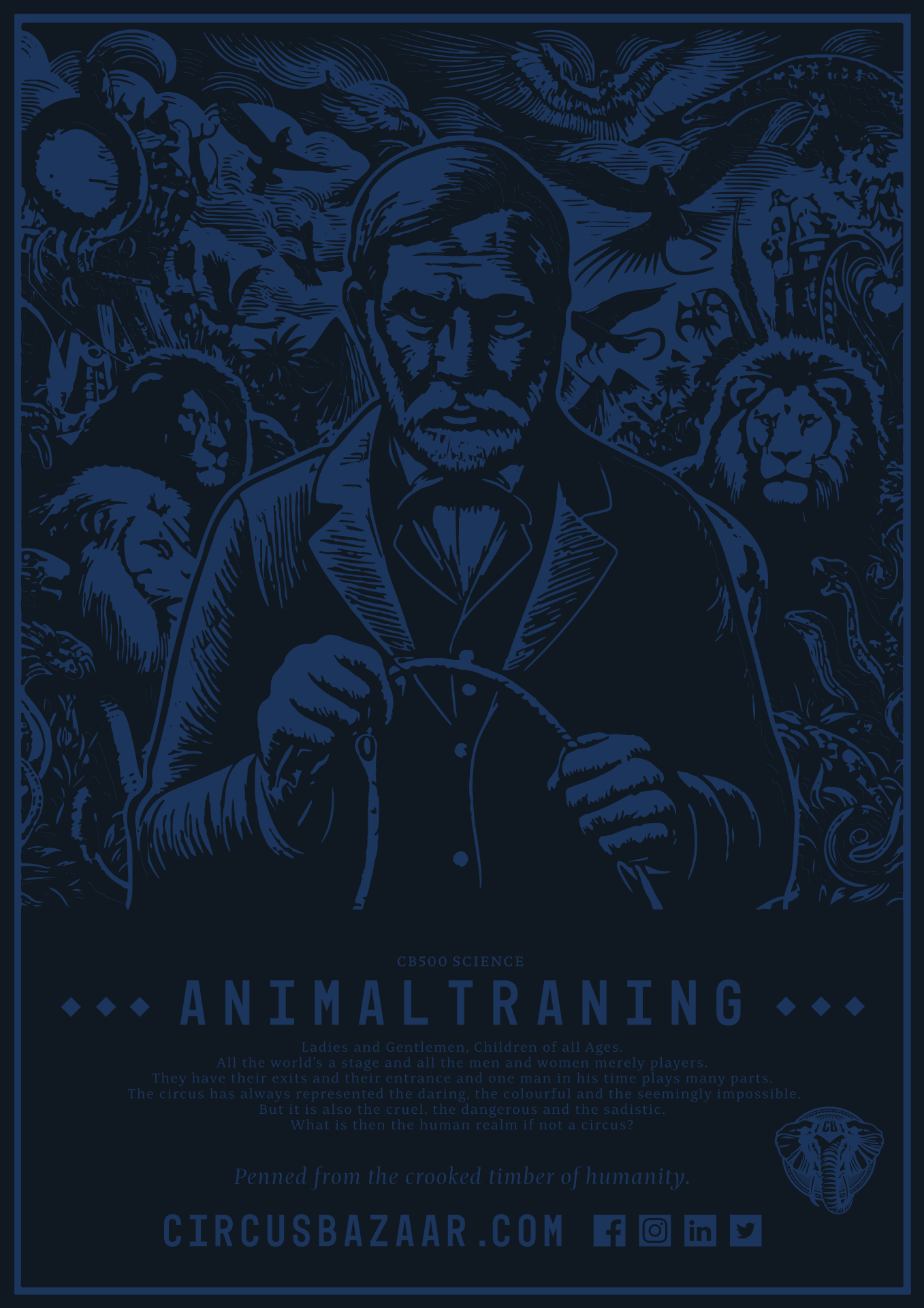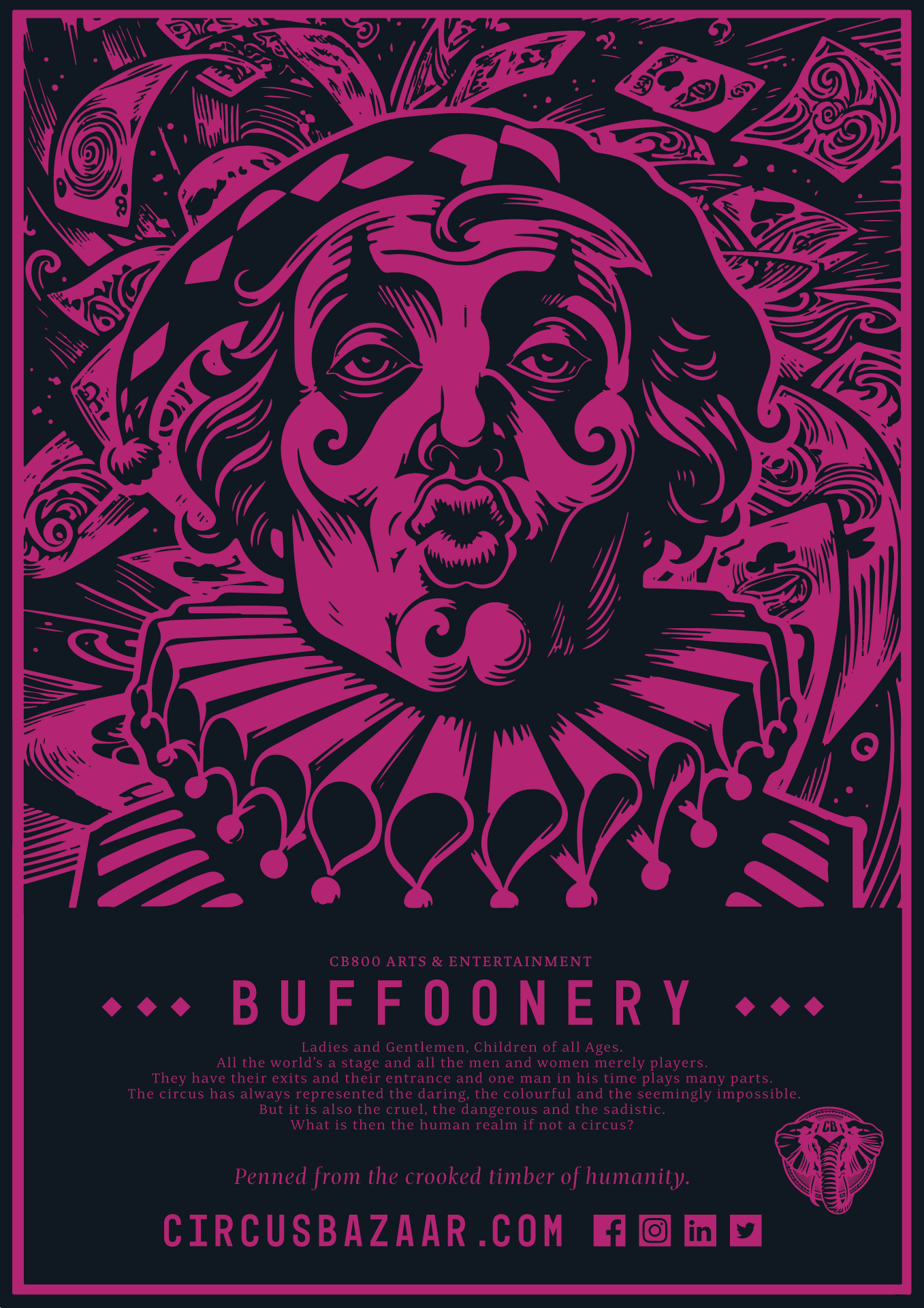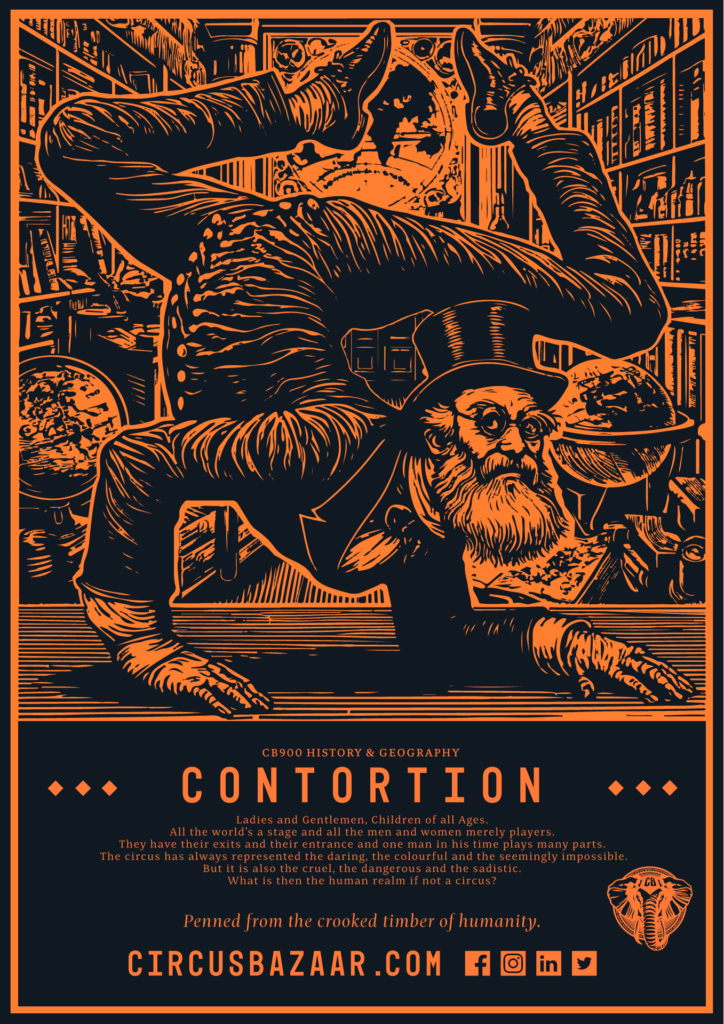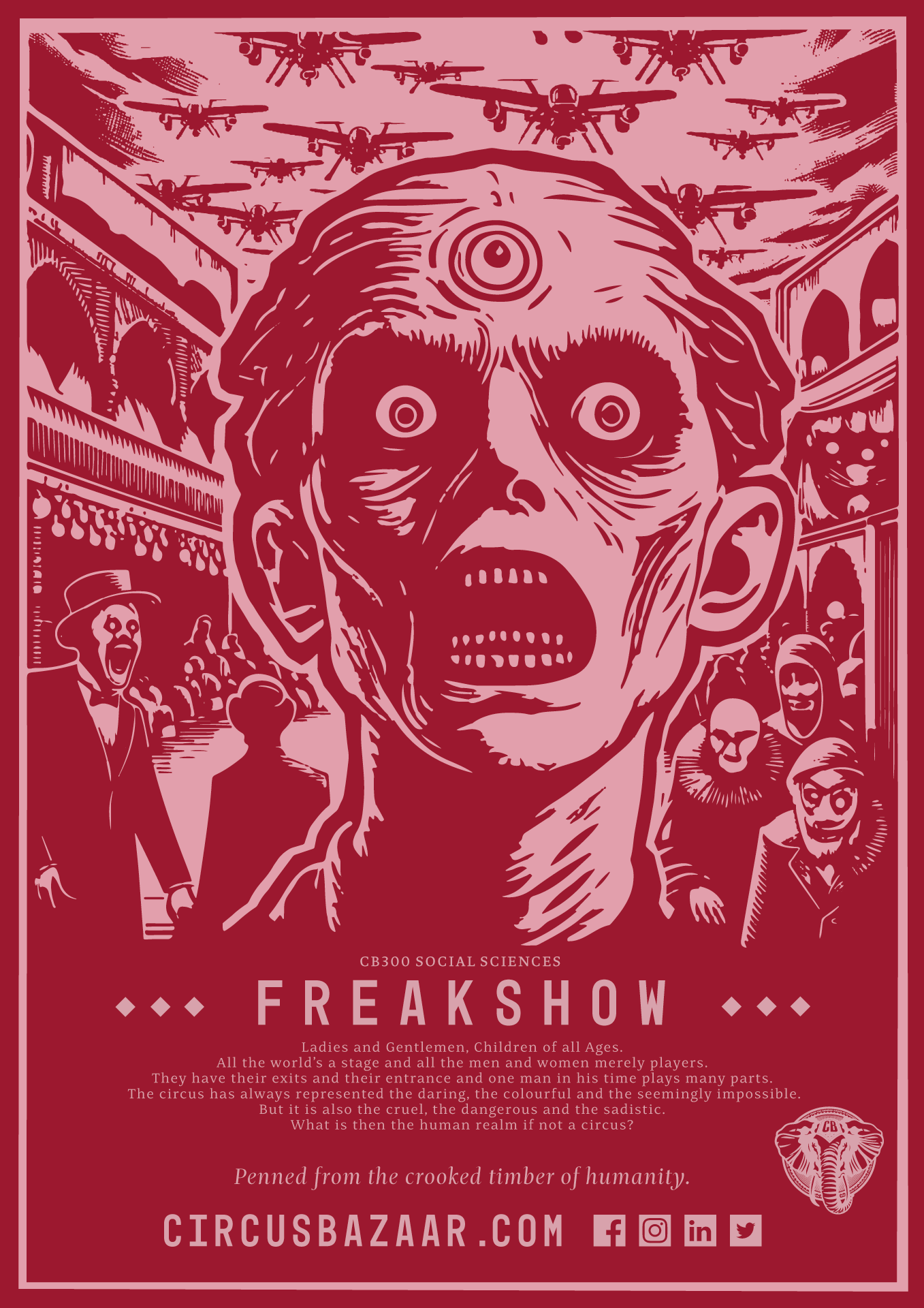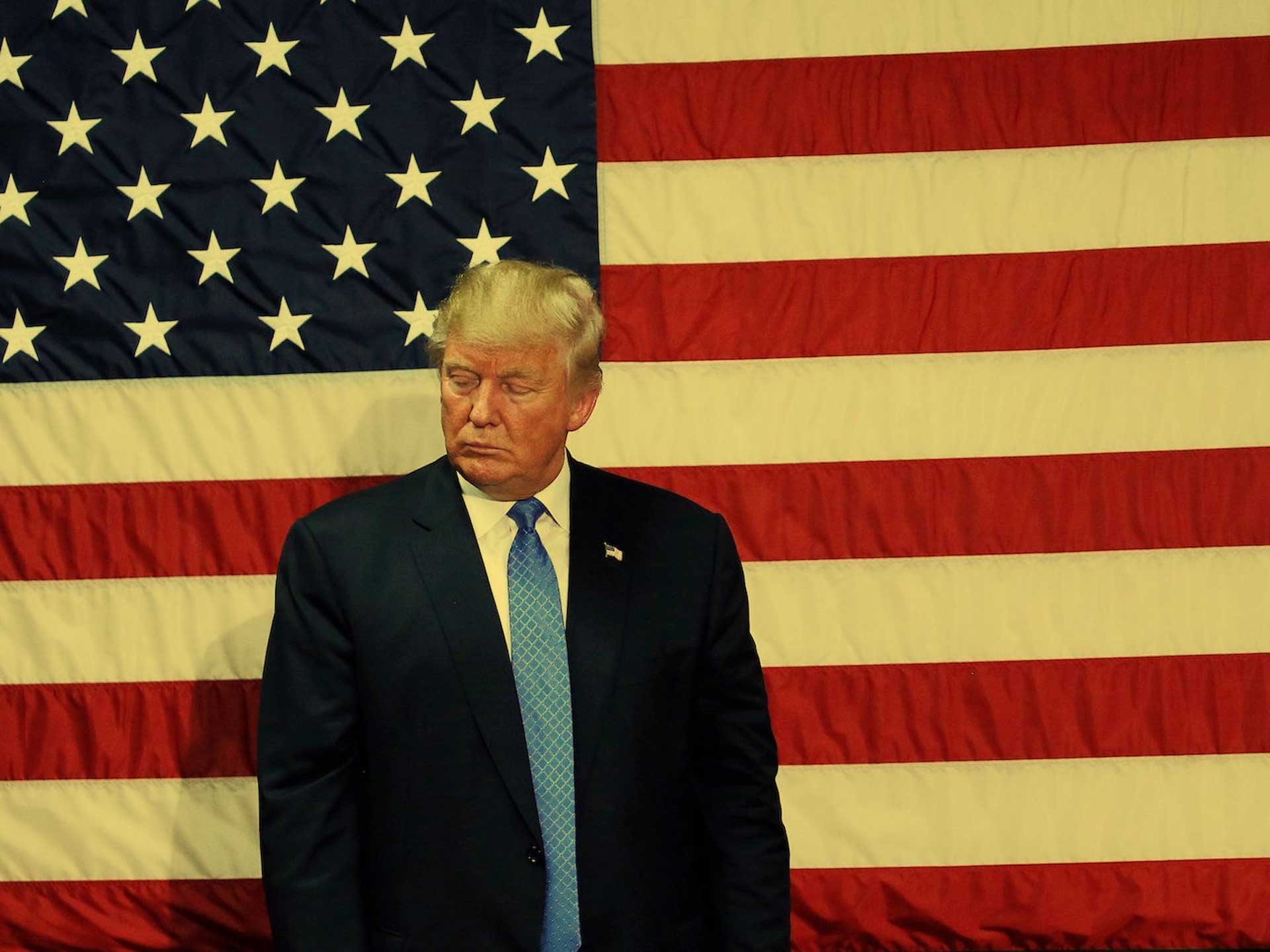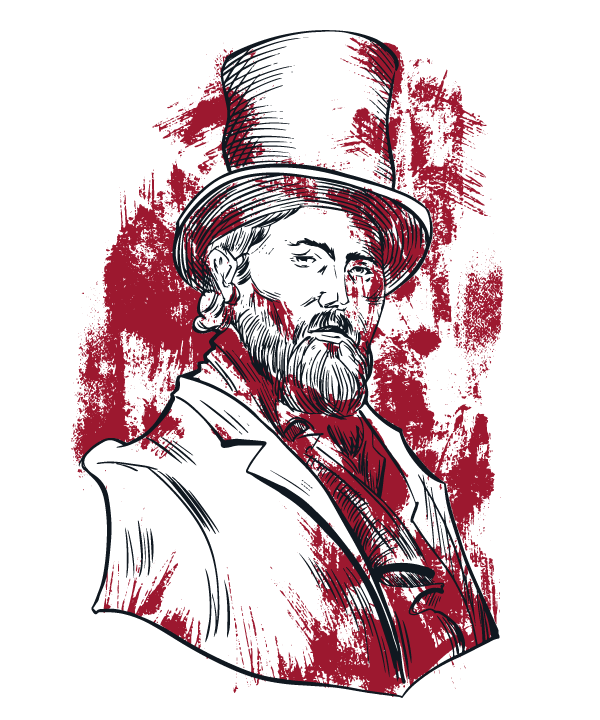Living in Norway, the oil-rich social democracy and producing a documentary on related subjects has been an eye opening experience. Not only is it significantly further left of the United States politically, but it is also representative of a privileged and homogeneous class of nation-state that is almost pathological in its moral certitude at the same time injurious in its depiction of less advantaged nations internal political quirks. The question for me has always been to objectively ask, what is the relationship between such advantaged classes of people’s worldview, their political foundations and how does this relate to peoples whose economic and political circumstance condemn them to the position of the other. Whether within nations or between nations, the contemporary western answer in my view is a matter of class.
Like most people that viewed the UK referendum on EU membership and Tuesday’s election of Donald Trump, I accepted the poll data that told us almost definitively that the opposite outcome than what did would prevail. However, it was obvious to me that a great folly had befallen the mainstream representation of the political environment in which we had all arrived. Less divided along traditional ideological lines than they were united by economic security, political privilege and moral arrogance, an elitist view had developed in which a huge and forgotten class of economically and culturally displaced people were categorised as at best stupid and at worst racist, bigoted, misogynistic and deplorable. Not only isolated to the extremities of privilege, this view also captured via the economic attraction of a neo-liberal form of globalism huge swaths of academia, media and the upper half of the middle class. However, the most dangerous dynamic of all was the center-lefts attachment of its self to what was essentially becoming a failing form of global capitalism.
Just as the west’s rapid deindustrialization as a result of this modern form of globalism has led to the shrinking of the traditional support base for its great center-left parties, issues of immigration have also come to pose a basic threat to the economic conditions of the same constituency. As individuals from other nations compete for jobs both internally and externally under terms of negotiation that require far inferior employment conditions, a huge contradiction has developed between their modern and socially progressive positions on identity issues and the core economic interests of their traditional base. The inconvenient truth is that the Brexit and Trump phenomenon are, rather than being an issue of discrimination, born from the center-lefts failure to address the very real economic and social needs of its traditional voter. Consequentially this has unleashed a challenge to democracy of sorts. As the free movement of people’s comes to be seen as a threat to social democracy, the very rejection of free movement of peoples simultaneously becomes the rejection of democracy its self.
While its base constituency shrank to globalisation, the centre-left allowed its self to become in large part defined by issues of identity that had previously found their home on its more left fringes. Joining in the chorus of condemnation and ridicule of people who once looked to them for representation, they rather helped lay the conditions required for a skilled populist such as Trump to capitalise. In the most dangerous of fashions, he has been able to simultaneously campaign to the resentment of culturally displaced conservatives and economically displaced progressives. Pushing a policy of international trade protectionism and industrial revival combined with xenophobic and nationalist rhetoric, he must be considered both the most far right and far left political figure in post-war US history. The set of analogies could not be more obvious. If Donald Trump’s brand of populism is analogous to Adolf Hitler’s fascism, if the 2007 financial crisis is analogous to Weimar Germany then the mockery and condemnation of the economically forgotten is the quintessential equivalent of the Versailles Treaty.
In contradiction to any political analysis seen through the lens of identity, Women, African Americans and Hispanics all voted for Trump in quantity’s that defied any established mainstream model. But the class origins of his support are most obvious in the fact that Trump secured the great zones of the deindustrialized, known to many as the rust belt. These area’s scream upwards in desperation from the discarded factories and gutted communities that have been so badly affected by the neo-liberal status quo for decades. The people of Pennsylvania, Ohio, Michigan and Iowa are the story of this election. Central to the appointment of the United States first black President in 2008, they seamlessly pivoted from Obama to Trump in 2016. To the extent that race played a part in Trump’s election, it was far less an issue than was resentment at the establishment and Trump’s ability to give these people a voice. The inability of those content with the status quo to understand the appeal of Trump speaks for nothing beyond their incapacity to imagine a reality beyond their own and a basic bias towards believing the future will resemble the recent past.
After Brexit and Donald Trumps election win, the center-left of two of the world’s oldest and most stable democracies have little place to hide. The election of Trump and the manner in which it was achieved represents a total rejection of a politics that greatly exaggerated issues of identity whilst preferring large sections of the nation out of sight and out of mind. This failure is not about WikiLeaks, the FBI, Russian intervention, or prejudice along racial or gender divides. It is about an establishment and a vast institutional and electoral support base that failed to recognise that its ideological view of the world was no longer representative of political reality.
The wife of an ex-President and a former secretary of state, Hillary Clinton had the full ideological and financial backing of every major centre of institutional power. Yet she represented the object of what many Americans decided they hated most. Besides a range of scandals, her support from large financial firms and military contractors and her questionable intertwining of for-profit activities with politics led many to suspect what WikiLeaks was later to confirm. That the candidate sitting before them was a product of anything but their own democratic choice. The record will show that Hillary Clinton was never in the game and as is the case with the United Kingdoms David Cameron, she will be now seen as one of the greatest mistakes in American political history.
Whilst the sounds of the shattered liberal media echo chamber slowly diminish as it searches for alternative realities to explain away a future it could not imagine, the most directly responsible have already begun to adapt. In an almost Churchillian parody of American politics both Barack Obama and Hillary Clinton have already implicitly conceded they had exhausted all wrong possible options. Their concession speeches were laced with respect for a political force that had bestowed upon them a new window to reality. Despite the predictable post-election twitches that may convince the more radical-minded that a previous reality still exists, the United States is fast demonstrating that democracy is cemented in its society more so than any other nation on earth. In so far as the quantity of power requiring transition from one guardian to another, there are few modern examples with such potential for difficulty yet accepted in such peace, good will and hope of success.
It needs not to be said that Donald Trumps chosen road to power has at times been shocking and has almost certainly resembled both populism and varying degrees of fascism. Only time will tell whether his campaign methods were simply deductive of the anger his support base felt towards a form of liberalism that failed to work for many rather than a repeal of the republic its self. Nevertheless, in a democracy change is incumbent on the losers of elections and under the assumption that American democracy will survive a Trump Presidency, the biggest reassessment will come from the left as they ask why they failed to both recognize the shifting of the political landscape beneath them and be responsive to large parts of what once were their own traditional base.
